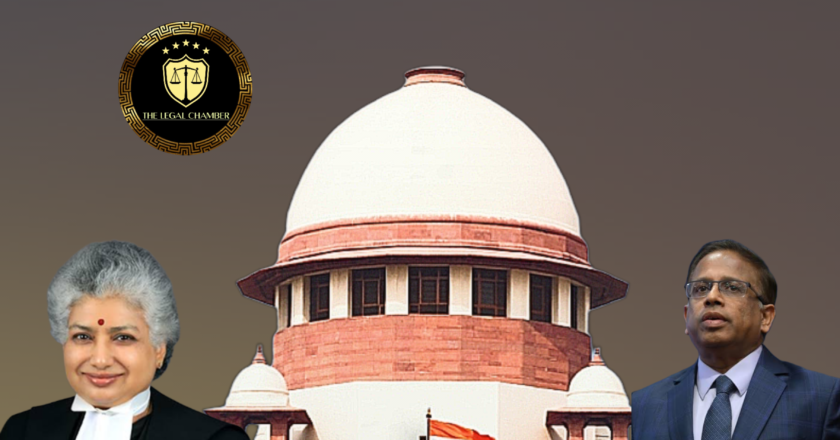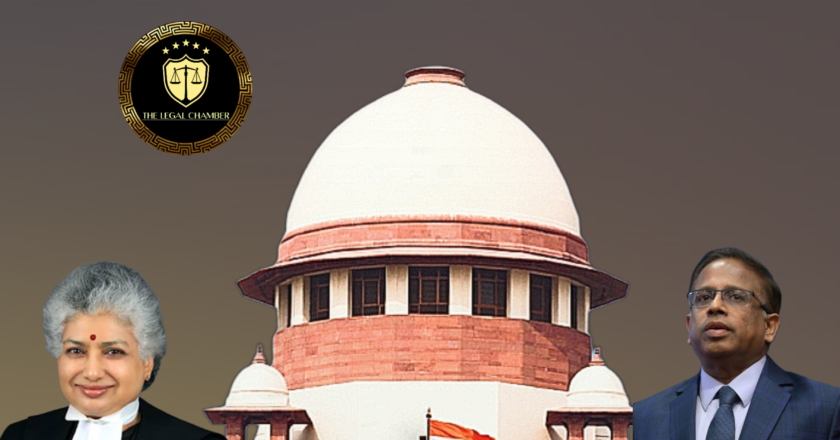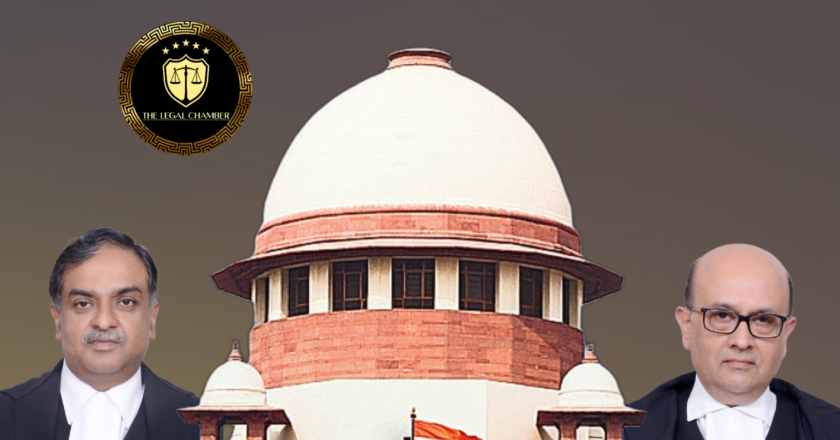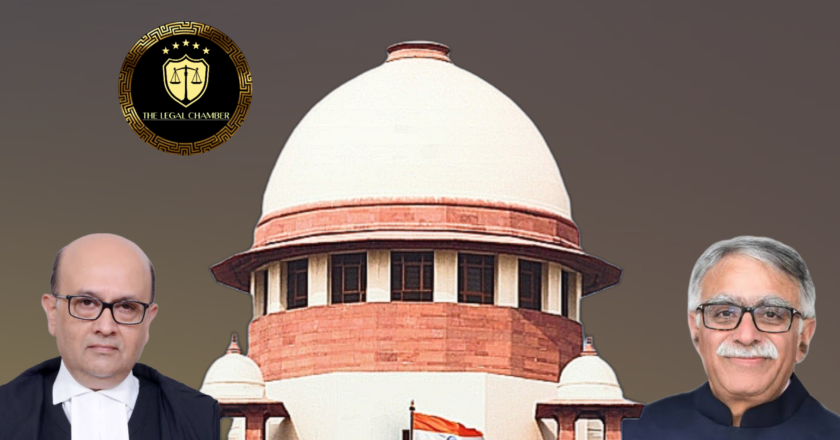Complete Justice: Supreme Court Uses Special Powers to End Family Dispute, Quashes FIR After Settlement
The Supreme Court, invoking its powers under Article 142 of the Constitution, quashed the criminal proceedings. It held that continuing prosecution after a mutual divorce and full settlement serves no legitimate purpose and amounts to an abuse of the process of law, especially in the absence of specific allegations.
Facts Of The Case:
The case originated from an FIR (No.67 of 2019) registered by the second respondent against her husband (appellant No.1) and in-laws (appellant Nos. 2 & 3) under Sections 323, 406, 498-A, and 506 of the IPC, alleging cruelty, criminal breach of trust, and criminal intimidation. The marriage, solemnized in March 2018, lasted approximately ten months before the wife left the matrimonial home. Subsequently, a chargesheet was filed in November 2019. However...




